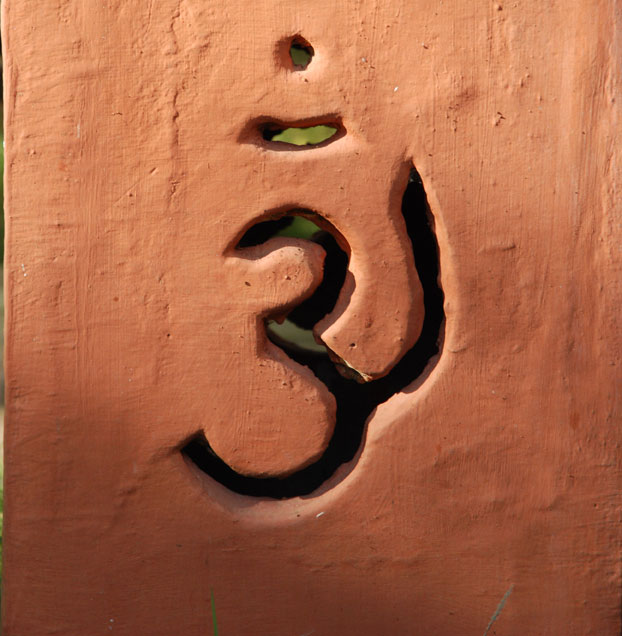

That analogy that he made was paraphrasing something his father wrote in a now-famous letter written from a jail in Birmingham, Ala. in 1963. Dr. King and his Southern Christian Leadership Conference had been protesting racial segregation in Birmingham by way of public marches, sit-ins, and other devices intended to be nonviolent in nature, and he had been arrested as a result. In the letter, he provided a response to an appeal made by members of the Alabama clergy. They wished for his organization to work within legal channels to resolve the purported injustices of Alabama laws and regulations. He argued that illegal acts were sometimes necessary when legality led to injustice.
The letter also spoke to how the civil rights movement was accused of being extreme. He argues that, as demonstrated by the likes of Jesus, Thomas Jefferson, and Abraham Lincoln, extremism has great merit when defined by the right intentions. "Will we be extremists for hate," he wrote, "or for love?"
The yogic path labels nonviolence as "ahimsa." According to this tradition, violence is any act that inflicts harm onto not just other people, but onto oneself. While physically assaulting others is very much a form of violence, so is harming oneself with the consumption of processed food, alcohol, cigarettes, and drugs, as well as sleeping too little, sleeping too much, and spending excessive amounts of time in front of TVs and computer screens. Even having negative thoughts about oneself is a form of violence, as these types of thoughts can compromise our sense of self-worth and lead to unwanted emotions.
As organic beings, we stand to benefit most from a lifestyle that perpetuates balance with nature instead of opposing it. Rather than perpetuate violent acts toward ourselves, the act of nonviolence calls on us to treat ourselves kindly by eating natural foods, refraining from toxic substances like alcohol, sleeping the right amount, and of course giving ourselves ample time away from anything with an electronic screen in favor of more balanced activities like being in nature. With more healthy and balanced habits, we promote greater health and balance in our day-to-day lives. And when we feel more balanced on any given day, we are far less likely to commit violent acts unto others. Indeed, Dr. King spoke of the merits of extremism, and approaching nonviolence in this way is extreme as well -- if only because treating oneself kindly is such a rarity these days.
We may have peaceful intentions in life, but without living a balanced lifestyle we're far less likely to fulfill that sense of peace. The protests in Birmingham were intended to be a peaceful, nonviolent way to end segregation laws throughout the city, but even members of Dr. King's movement resorted to violent acts: Some people attacked policemen, who of course retaliated. But on the flip side, when we do live in balance we share warmer, friendlier experiences with others. Perhaps the most peaceful way to protest violence is to simply take care of ourselves.
This month, the United States celebrates Dr. King's message as well as the influence he had on the country as a whole. Just like his son recalled on that day in Newark, he encouraged us to regulate the world around us as thermostats instead of merely record it as thermometers.
The only road to change is the one we decide to take and the example we set for others in turn. This is how we can be thermostats. I hope you choose to be that change as well.
Have questions for me? Comments? Visit me on my Facebook or Twitter page if you'd like to know more. And visit yogicameron.com to download a FREE sample of my new book The One Plan, as well as web-exclusive BONUS material.
For more by Yogi Cameron Alborzian, click here.
For more on the spirit, click here.